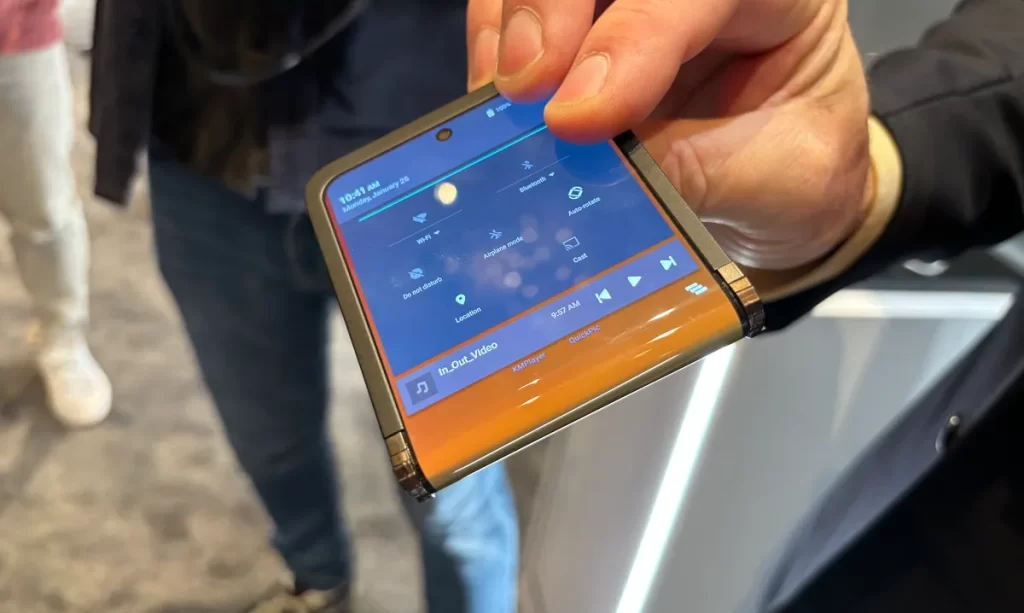
Smartphones converge many technological features into one convenient, portable, and compact device. Compared to earlier models and traditional technology, smartphones offer a plethora of functionalities, including internet browsing, health and wellness tracking, and navigation. They go beyond simple voice calls and text messaging. Smartphones act as compact computers, putting immense computing power at our fingertips. These capabilities are largely due to their mixing pot of advanced technology integration. Discover the influential technologies enhancing smartphones and uncover the potential future for smart devices.
Advanced Semiconductor Chips

At the core of every smartphone’s prowess lies its semiconductor chip, a marvel of modern engineering that functions as the brain of the device. These chips process all types of data, enabling the many functions we’ve come to rely on, from simple calls and messages to complex gaming experiences.
The development of smaller, more efficient 5-nanometer and 7-nanometer chips has significantly boosted smartphone performance and energy efficiency. Manufacturers can pack more power into the sleek devices we use today without sacrificing battery life—a crucial aspect of user experience. Smartphone generation and enhancements are among the many reasons semiconductor chips are important in modern society. Without these multifaceted chips, smartphone functionality would be limited.
5G Connectivity
Fifth-generation connectivity offers faster data speeds, lower latency, and better reliability than earlier-generation networks. The enhanced connectivity allows smartphone users to stream videos smoothly, enjoy improved cloud service responses, and play online games. Fifth-generation networks also enable emerging technologies, such as smart city initiatives, with smartphones serving as the interface bridging citizens to smart city infrastructure interactions.
Artificial Intelligence

Artificial intelligence (AI) integration into smartphones improves user experience through features like voice assistants, predictive text, and advanced camera software. AI algorithms also optimize battery life and manage app usage to ensure smartphones operate smoothly. This smart technology adaptation continuously learns from the user’s habits, providing a tailored and intuitive smartphone experience.
Biometric Security
Biometric security measures, including fingerprint scanning and facial recognition, have significantly enhanced the security of smartphones. These technologies offer a more personalized and secure way to unlock devices and authenticate transactions, making them remarkably difficult to breach. Biometric security smartphone integration has not only streamlined user access but has also elevated the safety of sensitive personal data stored on these devices.
OLED and Foldable Displays

The visual experience of smartphones has undergone tremendous improvements thanks to OLED technology, which offers vivid, high-contrast displays superior to those of the technology’s predecessors. The latest advent in OLED tech, foldable screens, is revolutionizing the design of smartphones, offering users a larger screen in a compact format. Foldable OLED displays enhance the viewing experience and open up new possibilities for multitasking and user interface design.
Many technological advancements are enhancing smartphones, influencing the possibilities you can have in the palm of your hand. With technology’s continuous growth and innovation over time, smartphone user experiences will only continue to expand.




